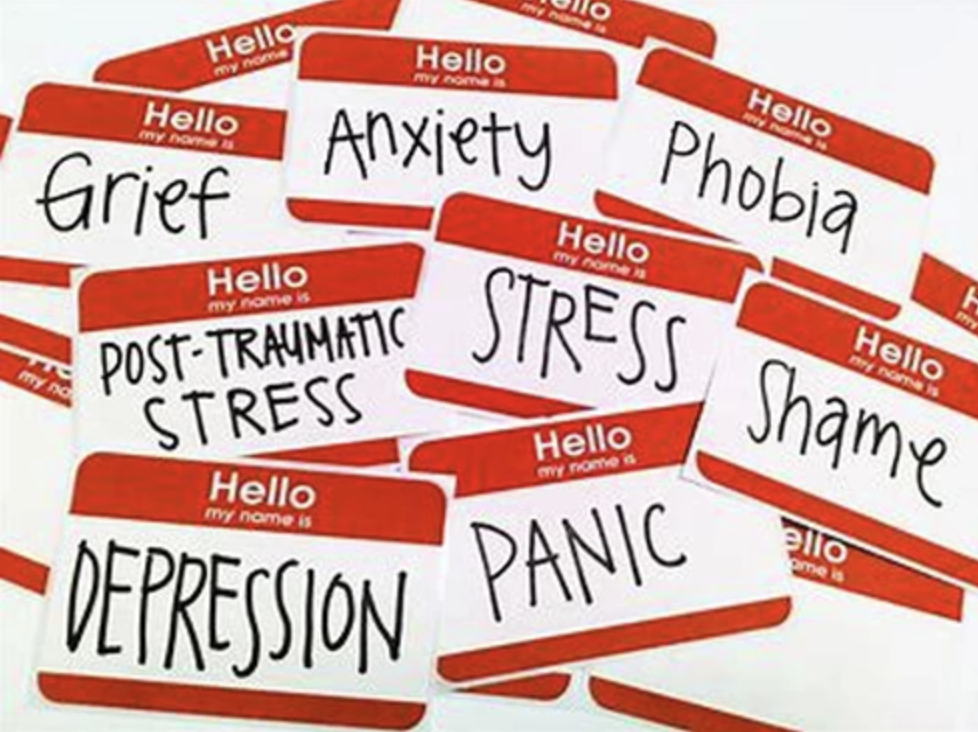Maybe you associate mental illness with words like psycho or crazy. Maybe it makes you feel uneasy or awkward, or even frightened. Some of you may never have thought about it before today while I’m sure some of you are all too familiar with it.
It may shock you to hear, ONE in FOUR people in the UK will experience a mental health (MH) problem each year. Worryingly, how people are coping with MH is worsening. The number of people who self-harm or have suicidal thoughts is increasing. But we can all help.
If you haven’t experienced a mental health disorder, or know someone who has, then I wouldn’t expect you to know about it. However there are many misconceptions, often due to ignorance and a lack of understanding. These need challenging and people need educating.

Here are some key things that can increase the chance of a full recovery, and I think the emphasis needs to be placed on these. Firstly, early intervention is key as the longer someone allows their disorder to rule their life, the harder it is to learn how to rid of it. Acceptance is also vital – a person can only begin to truly recover when they accept their illness and accept any help they are offered. I also think family plays a significant role in recovery, especially if the sufferers are children, having people around you to talk and listen can do worlds of good. A common phrase MH sufferers will hear is, ‘but you can’t be depressed – your life is so amazing.’ Or ‘You’re not depressed because you’re always smiling and laughing.’ Often people think that MH sufferers are dangerous, or unable to live fulfilling lives. These myths could not be further from the truth.
Ryan Reynolds, Lady Gaga, Demi Lovato, Angelina Jolie, Zain Malic, Prince Harry…..the list is endless. It is a list of men and women, all successful, all seemingly happy and fulfilled yet have suffered from a mental health disorder. However, there has been an emphasis on mental health in society due to the increasing prevalence of different disorders. Prince William, Kate Middleton and Prince Harry have been part of the charity Heads Together that aims to challenge mental health stigma and change how it is perceived. They have made ten films of celebrities talking about the problems they have faced and how talking about it has made such a huge difference for them. Prince Harry also opened up about his own struggles with mental health disorders following his mother, Princess Diana’s death.
The fact that such important figures are encouraging talking about MH is amazing. It is helping all those who feel alone, to come out and talk about their difficulties. This is what we need. More openness and honesty. Alongside this, the government has promised to increase the budget given to NHS mental health staff by £21,000. If the government fulfills this promise, then an extra one million mental health patients a year will be able to receive treatment. Just think how many people’s lives will be improved, or even saved.
Although there are many charities already for MH, I want to tell you all what you can individually do to help. Although we cannot change each individual’s attitude in the world towards mental health, we can start by changing those around us. If you hear or see stigma surrounding mental health, challenge it. Help those suffering feel less alone. Instead of viewing people with mental illness as incompetent and abnormal, talk to them. Ask questions. Show that you care and are ready to listen to them. Respect what they say and do not judge. And educate others to spread the understanding of mental health. Communication is key when dealing with mental illness and can help their recovery process immensely. If this seems a little daunting, a simple ‘I’m here for you’ could still do a world of good.



